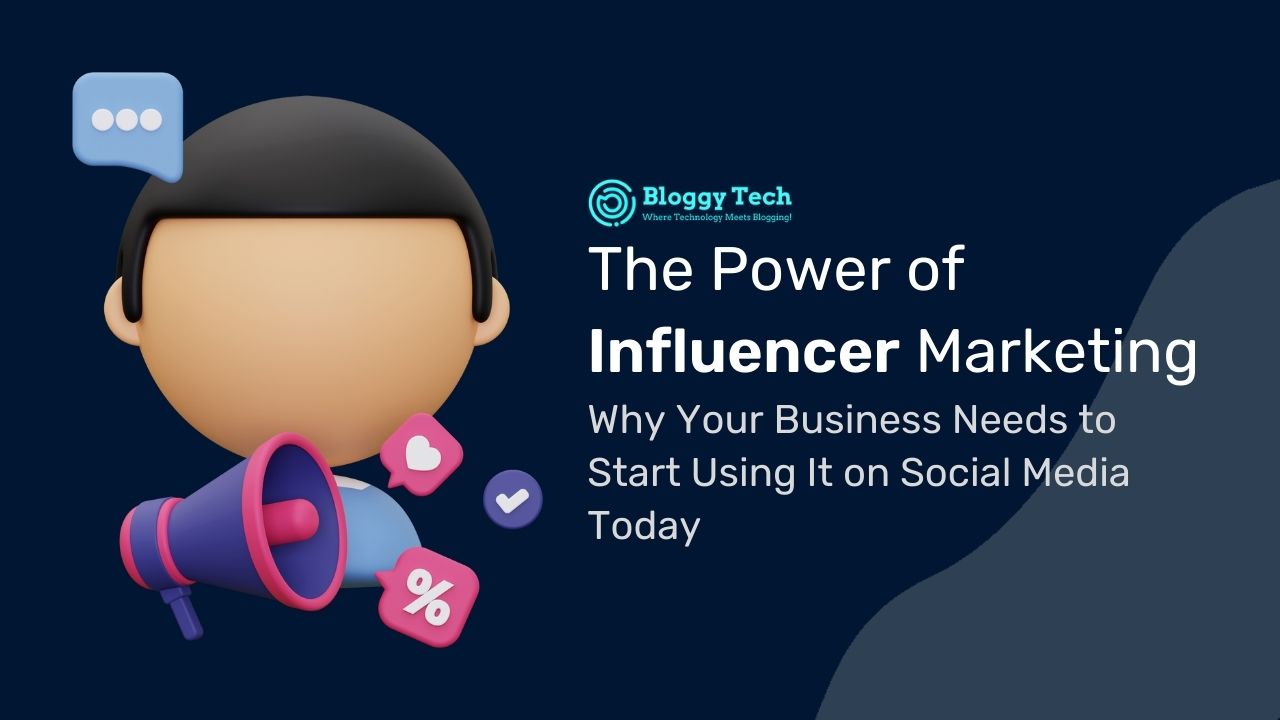Unlock your online potential with UnikBrushes - Your one-stop-shop for expert web development and digital marketing solutions.
Join BloggyTech now and stay ahead in the game with valuable insights and tips on technology, digital marketing, and personal development!
Looking for a list of trendy AI tools that can enhance and save time in your work? Check out ZynoSItes - I'm sure you'll be amazed!
Upgrade your writing game with ZynoInk - the ultimate AI-powered writing tool for students and marketing professionals. Try it now and experience the difference!
In today’s digital age, businesses must adopt a data-driven approach to their marketing strategy to stay competitive. By leveraging data, you can gain valuable insights into your target audience, measure the success of your marketing campaigns, and make informed decisions to optimize your efforts. In this article, we will explore how data can help drive your digital marketing strategy and the best practices to follow.
Introduction
In the past, businesses relied on intuition and guesswork to make marketing decisions. However, with the rise of digital marketing and the availability of data, businesses can now take a data-driven approach to marketing. By collecting and analyzing data, businesses can gain valuable insights into their target audience, measure the success of their marketing campaigns, and make informed decisions to optimize their efforts.
Understanding Your Target Audience
To create an effective digital marketing strategy, it is essential to have a deep understanding of your target audience. By understanding your audience’s demographics, interests, and behavior, you can tailor your marketing messages to their specific needs and preferences.
Demographics
Demographics refer to characteristics such as age, gender, income, and education level. Understanding these demographics can help you create targeted campaigns that resonate with your audience.
Interests
Analyzing your audience’s interests can help you understand what topics and activities they are interested in. This information can be used to create content and campaigns that align with their interests.
Behavior
Understanding your audience’s behavior can help you identify patterns in their actions, such as what types of devices they use or what times of day they are most active. This information can help you optimize your campaigns for maximum impact.
Analyzing Your Competitors
Analyzing your competitors can provide valuable insights into their marketing strategies and help you identify opportunities to differentiate yourself. By examining their tactics, messaging, and target audience, you can refine your own strategy to better compete in the marketplace.
Setting Marketing Goals
Before launching any marketing campaign, it is essential to set clear, measurable goals. These goals should be specific, achievable, and aligned with your overall business objectives.
Selecting Key Performance Indicators (KPIs)
Once you have set your marketing goals, you need to select the key performance indicators (KPIs) that will measure your progress. KPIs should be directly tied to your marketing goals and should be quantifiable and measurable.
Tracking Your Performance
To measure the success of your marketing campaigns, you need to track your performance using the right tools and metrics. This data can be used to identify areas for improvement and optimize your campaigns for better results.
Tools and Metrics
There are a variety of tools and metrics that can be used to track your marketing performance, such as Google Analytics, social media analytics, and email marketing metrics. These tools can provide valuable insights into your audience’s behavior and the effectiveness of your campaigns.
Analyzing Your Data
Once you have collected your data, you need to analyze it to identify trends, patterns, and areas for improvement. This analysis can be used to make data-driven decisions and optimize your marketing strategy for better results.
Making Data-Driven Decisions
By leveraging data to inform your decisions, you can make informed choices that are more likely to yield positive results. Instead of relying on intuition, gut feelings, or assumptions, you can use data to guide your decision-making process. This can help you allocate your resources more effectively, improve your ROI, and maximize the impact of your marketing campaigns.
Best Practices for Data-Driven Marketing
To get the most out of your data-driven marketing strategy, it’s important to follow some best practices. These include:
- Collecting and analyzing data consistently
- Focusing on relevant data that is aligned with your marketing goals
- Ensuring data quality and accuracy
- Using tools and metrics to measure your performance
- Testing and optimizing your campaigns for better results
- Integrating data across different channels and platforms
Conclusion
Using data to drive your digital marketing strategy can help you gain valuable insights into your target audience, measure the success of your campaigns, and make informed decisions to optimize your efforts. By following best practices and leveraging the right tools and metrics, you can create more effective marketing campaigns and achieve your business objectives.
FAQs
1Q: What types of data can be used for digital marketing?
A: Data such as demographics, interests, behavior, and performance metrics can all be used to inform digital marketing decisions.
2Q: How can data be used to improve digital marketing campaigns?
A: Data can be used to identify patterns, trends, and areas for improvement, which can be used to optimize campaigns for better results.
3Q: What are some common digital marketing KPIs?
A: Some common KPIs include website traffic, conversion rates, click-through rates, engagement metrics, and social media metrics.
4Q: How important is data accuracy in digital marketing?
A: Data accuracy is essential in digital marketing, as inaccurate data can lead to poor decisions and ineffective campaigns.
5Q: What are some best practices for data-driven marketing?
A: Best practices include collecting and analyzing data consistently, focusing on relevant data, ensuring data quality, using tools and metrics, testing and optimizing campaigns, and integrating data across channels.
Unlock your online potential with UnikBrushes - Your one-stop-shop for expert web development and digital marketing solutions.
Join BloggyTech now and stay ahead in the game with valuable insights and tips on technology, digital marketing, and personal development!
Looking for a list of trendy AI tools that can enhance and save time in your work? Check out ZynoSItes - I'm sure you'll be amazed!
Upgrade your writing game with ZynoInk - the ultimate AI-powered writing tool for students and marketing professionals. Try it now and experience the difference!
Best Regards,
Amar



